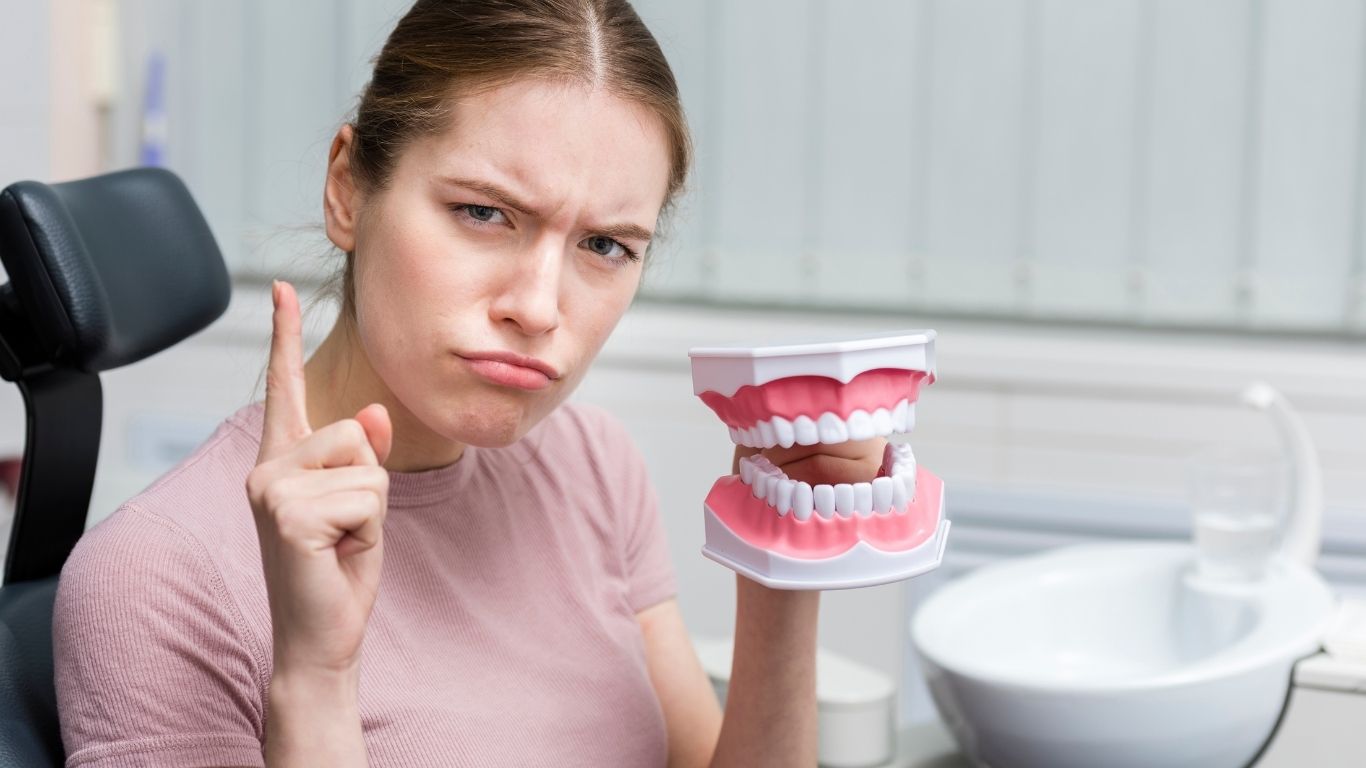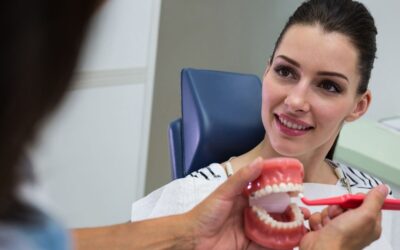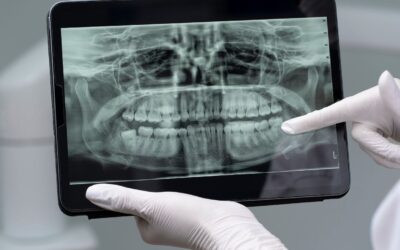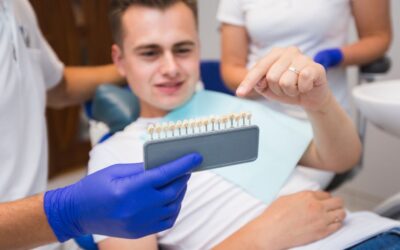Dental implants are a popular solution for replacing missing teeth, but post-surgery care plays a crucial role in ensuring the implant integrates successfully with your jawbone. One significant dietary restriction often recommended by dental professionals is avoiding dairy after a dental implant. But why is this necessary? This article explores the reasons behind this advice, its potential benefits, and alternatives that promote healing. Understanding why dairy could interfere with your recovery process will help you make informed decisions about your post-surgery diet.
Why is Dairy Avoided After Dental Implant Surgery?
Understanding the importance of post-operative care and the reason behind avoiding dairy consumption post-dental implant surgery is essential to ensure a smooth healing process. Dairy contains calcium and proteins that may pose a risk to your implant’s integration with your jawbone.
The Effects of Dairy on Your Healing Process
Dairy, though rich in calcium, can cause the body to produce mucus. After dental surgery, your mouth may already be sensitive and swollen, and excess mucus can aggravate discomfort or make it harder to keep the surgical site clean.
Calcium’s Role in Healing
While calcium is vital for bone health, its absorption can be disrupted by certain compounds found in dairy. This can impede the healing process of the implant and lead to complications. Therefore, avoiding dairy helps maximize the absorption of nutrients that support bone integration and overall recovery.
Dairy’s Impact on Your Mouth’s Sensitivity
After a dental implant procedure, your gums and jawbone are still healing. Dairy can cause discomfort due to its acidic properties, which can irritate sensitive tissues. Additionally, dairy products may cause inflammation or interfere with proper mouth hygiene, complicating the healing process.
What Happens If You Consume Dairy After a Dental Implant?
You might be wondering about the consequences of consuming dairy after dental implant surgery. In some cases, eating dairy too soon may result in delayed healing, infection, or increased sensitivity around the surgical site.
Increased Risk of Infection
While milk and yogurt may seem harmless, the proteins in dairy products can promote bacterial growth in your mouth, especially when you have open wounds or stitches. This bacteria can lead to infection, which could hinder the healing of your dental implant.
Potential for Delayed Healing
If your body is unable to properly absorb calcium from dairy, this may interfere with the bone integration process of the implant. This slow healing could extend your recovery time and might compromise the long-term success of the implant.
Dairy and Inflammation: A Complicated Relationship
Some individuals experience heightened inflammation after consuming dairy. Inflammation could aggravate any pain or discomfort post-surgery, increasing your need for pain management, which in turn may slow down your recovery.
Alternatives to Dairy for Post-Dental Implant Care
Now that we’ve established why dairy should be avoided post-surgery, it’s essential to know which alternatives you can include in your diet to promote recovery.
Non-Dairy Sources of Calcium
Opt for non-dairy sources of calcium like leafy greens (spinach, kale), tofu, and fortified plant-based milks (almond, soy, oat). These options provide necessary calcium without the side effects of dairy.
Soft Foods That Support Healing
Post-surgery, sticking to soft foods that don’t irritate the gums is essential. Consider foods like mashed potatoes, soft fruits, soups, and smoothies, which are easy to consume without disrupting your healing process.
Hydration is Key
Maintaining proper hydration after dental implant surgery is critical for healing. Drink plenty of water and herbal teas to help reduce inflammation and keep your mouth clean, promoting better overall healing.
FAQs:
1. Can I eat yogurt after dental implants?
It’s best to avoid yogurt immediately after your surgery due to its dairy content. Dairy can cause excess mucus and inflammation, which may interfere with the healing process.
2. How long should I avoid dairy after dental implant surgery?
Typically, you should avoid dairy for at least two to three weeks following your surgery, depending on your dentist’s recommendations.
3. Are there any non-dairy calcium sources for dental implant recovery?
Yes! You can consume calcium-rich foods like leafy greens, tofu, and fortified plant-based milks to support your healing without consuming dairy.
4. Can dairy cause infection after dental implants?
Yes, dairy can promote bacterial growth in the mouth, increasing the risk of infection, which can hinder the healing process of your implant.
5. What can I drink after dental implant surgery?
Water and herbal teas are great choices for hydration. Avoid sugary or acidic drinks like soda or fruit juices that could irritate your gums and interfere with healing.
6. Can I eat cheese after dental implants?
It’s recommended to avoid all dairy, including cheese, for the initial healing period as it can interfere with the healing of your implant. Choose non-dairy alternatives instead.
Conclusion:
Avoiding dairy after a dental implant procedure is a crucial part of ensuring proper healing and preventing complications. By opting for non-dairy alternatives and maintaining a soft-food diet, you can give your implant the best chance to integrate successfully. Following your dentist’s post-surgery care instructions is vital, and avoiding dairy for the first few weeks can make a significant difference in your recovery. Always consult with your dental care provider for personalized advice to ensure optimal healing.



